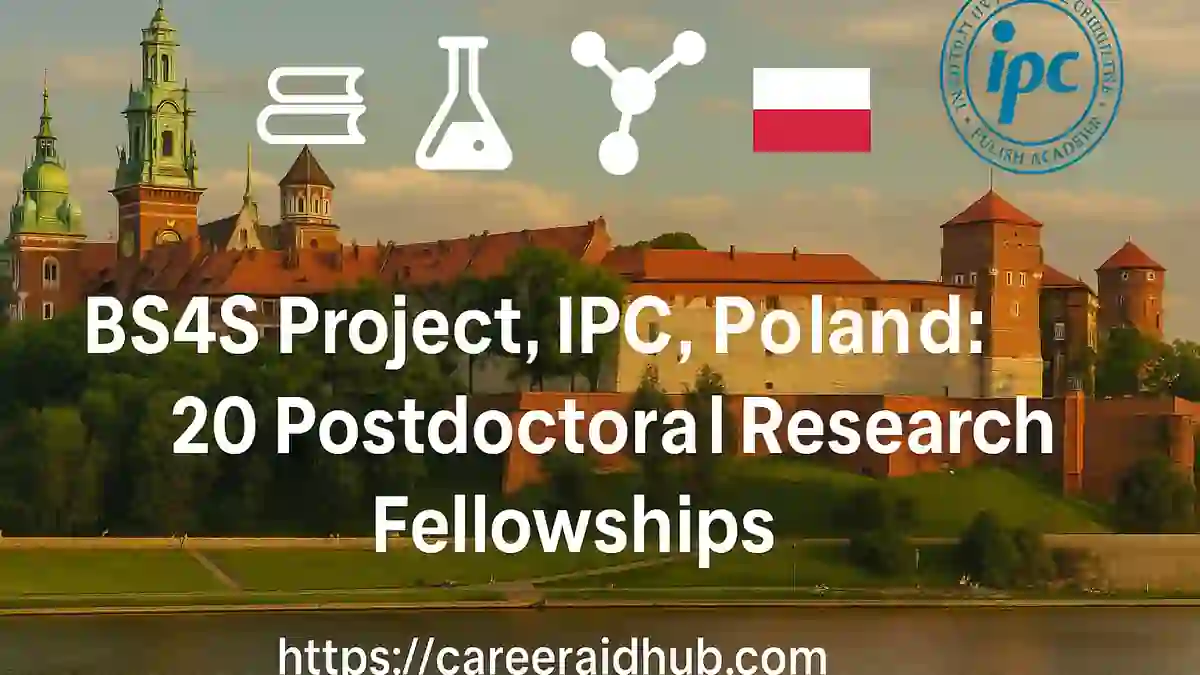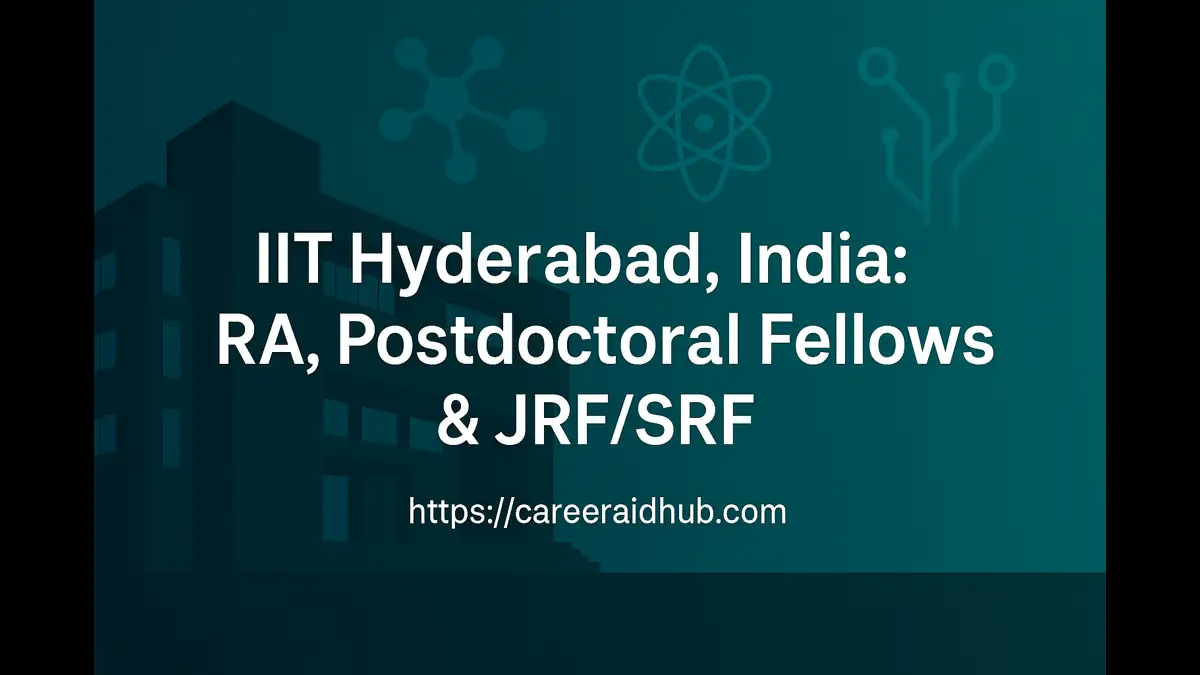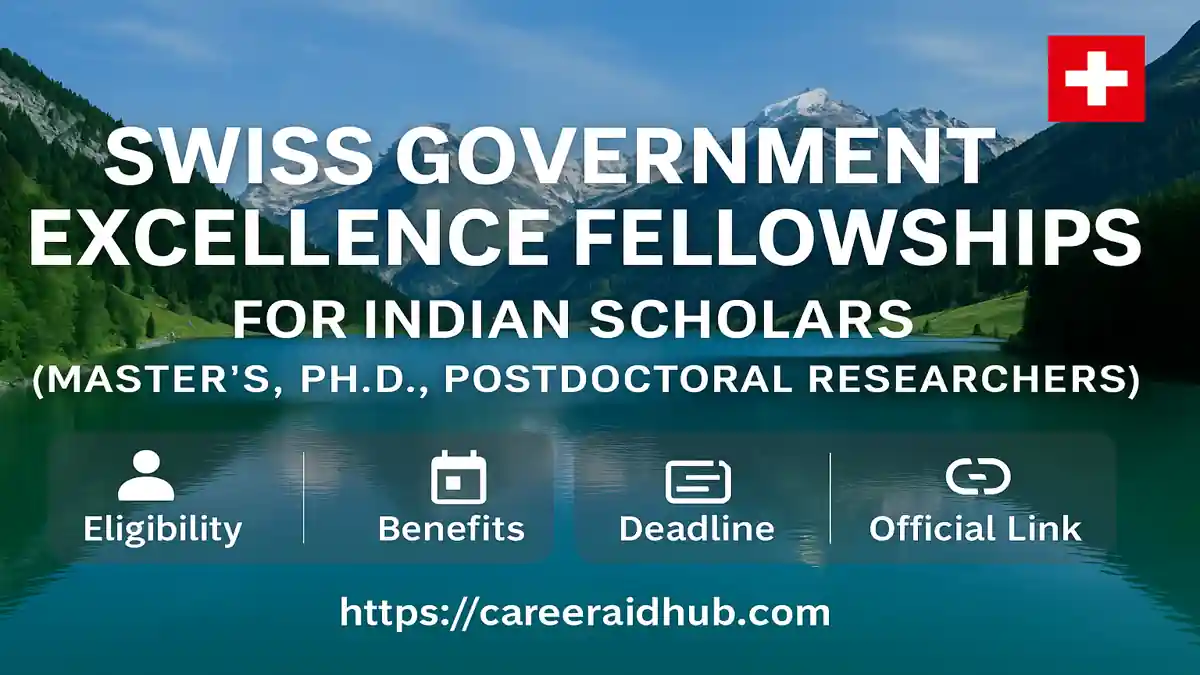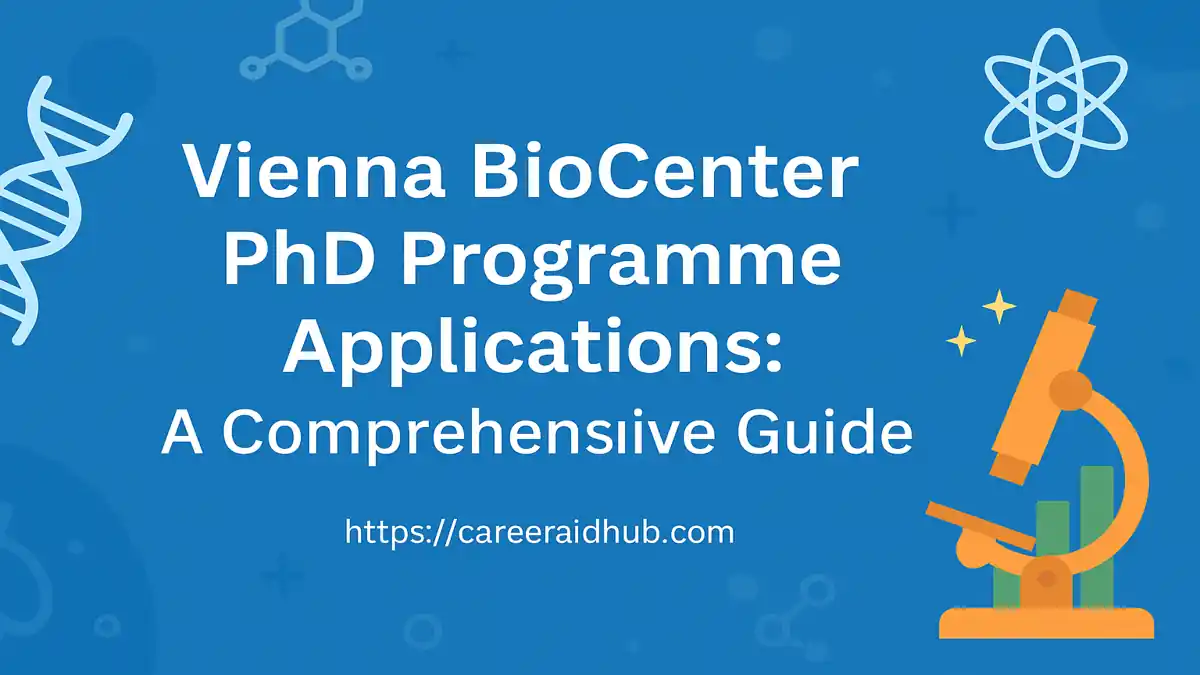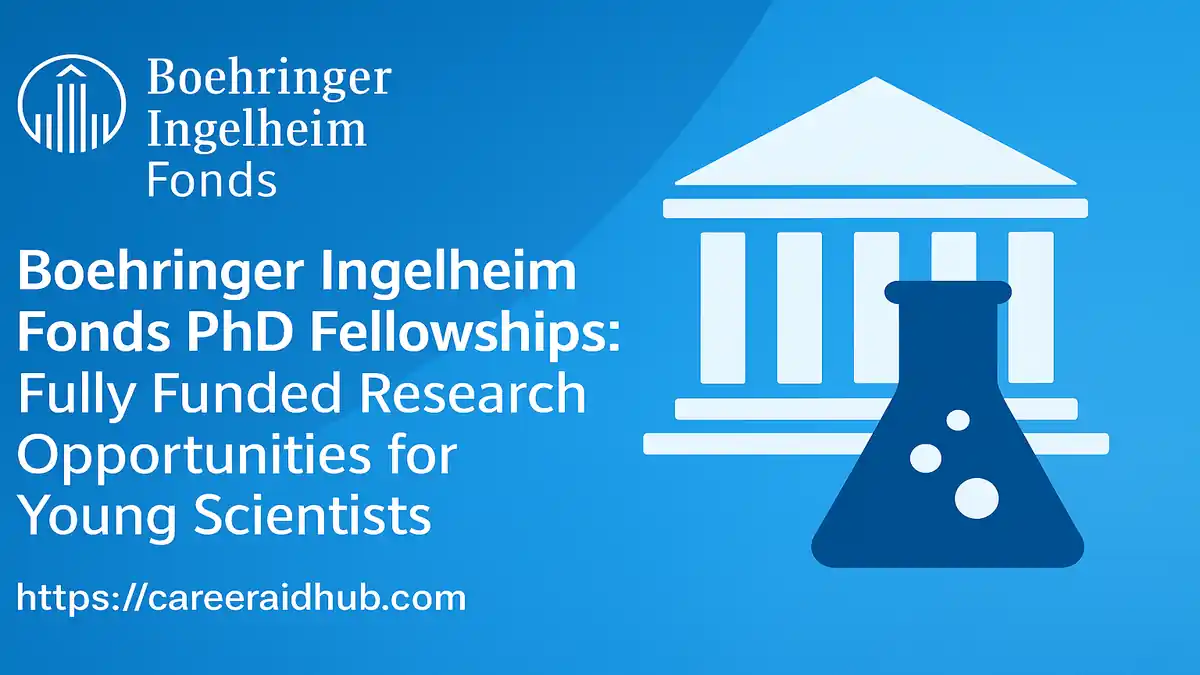If you’re excited by rigorous research, collaborative science, and real-world impact, consider joining our group at Rice University. We are recruiting one postdoctoral researcher for Spring 2026, two PhD students for Fall 2026, and motivated students at all levels (undergrad, master’s, visiting scholars) for ongoing research opportunities. Rice is a top-tier private research university in Houston, Texas—home to a vibrant innovation ecosystem, a welcoming campus culture, and exceptional resources for ambitious scholars. Below, you’ll find everything you need to know about our research focus, expectations, funding, timelines, and how to apply.
About the Group
Our group tackles interdisciplinary problems that sit at the intersection of theory and application. Recent and ongoing projects combine:
- Data-driven modeling and AI/ML methods for complex systems
- Experimental and computational workflows with reproducible pipelines
- Translational collaborations with industry, national labs, and clinical or public-sector partners (when relevant)
You can expect a culture that balances high standards with high support. We emphasize open science, careful experimental design, readable and version-controlled code, and papers that are both rigorous and accessible. Mentoring is structured and intentional: regular one-on-ones, paper-planning sprints, and a clear roadmap from idea → prototype → manuscript → dissemination.
Open Positions & Start Dates
Postdoctoral Researcher — Start:
January 2026 (Spring 2026)
- Who should apply: Recent PhDs who want to deepen domain expertise, lead multi-investigator projects, mentor junior researchers, and build a strong first-author (and co-author) record.
- Focus: Lead one of our flagship projects; co-design studies; coordinate data, computation, and analysis; and drive manuscripts to submission.
- Commitment: 12 months initial appointment with the possibility of renewal based on performance and funding.
Two PhD Positions — Start: August 2026 (Fall 2026)
- Who should apply: Students with strong foundations in a relevant discipline (e.g., engineering, CS, natural sciences, applied math, or related fields) who are eager to publish and collaborate across disciplines.
- Focus: Each doctoral student will anchor a research thread, co-author papers, present at conferences, and contribute to the lab’s core methods and shared toolkits.
Students at All Levels — Rolling
- Undergraduates & Master’s students: Semester research credits, paid RA positions (as available), and summer research opportunities.
- Visiting students & scholars: Short-term collaborative projects aligned with our active themes.
- Preferred timelines: Apply at least 8–12 weeks before your intended start to streamline onboarding, visas (if needed), and IRB/IACUC or other compliance steps when applicable.
What We’re Looking For
Regardless of role, the following traits matter:
- Curiosity with follow-through: You ask sharp questions and then design ways to answer them.
- Technical depth: Comfort with a relevant programming language (e.g., Python/Julia/R/Matlab), lab technique, or domain-specific toolkit.
- Communication: Clear writing, clean figures, and constructive discussion in group meetings.
- Reproducibility mindset: Version control (git), literate analysis (e.g., notebooks), documented experiments.
- Integrity: Thoughtful handling of data, authorship, citations, and human/animal subject protocols where relevant.
- Team spirit: Respectful, dependable, and generous with feedback.
You do not need to check every box to apply. If you’re driven to learn quickly and contribute meaningfully, we want to hear from you.
Funding, Support & Benefits
- Postdoc: Competitive salary (commensurate with experience), health benefits, conference travel support, and mentorship for fellowships and early-career awards.
- PhD students: Full tuition support and stipend via RA/TA lines (subject to departmental policies), conference travel (as budgets allow), and structured professional development.
- Undergrad/Master’s/Visitors: Course credit, hourly RA support, or fellowship co-applications depending on role and eligibility.
We actively support proposals for external funding (NSF, NIH, DOE, NASA, industry consortia, and foundation awards) and encourage students and postdocs to apply for competitive fellowships.
Lab Culture & Mentoring
- Weekly research meetings for project updates, troubleshooting, and paper clinics.
- Reading group rotating through recent field-defining papers and methodological advances.
- Mentoring tiers: Postdocs mentor PhD/masters students; senior PhD students mentor juniors and undergrads—with faculty oversight.
- Progress check-ins: Clear milestones each semester; written feedback after major deliverables (proposal, qualifying exam, conference submission, etc.).
- Open science: Internal templates for data dictionaries, analysis plans, preregistration (when appropriate), and FAIR data practices.
Here you go—same content as a clean, skimmable list.
Postdoctoral Researcher (Spring 2026)
- Program Name: Postdoctoral Researcher, Rice University
- Host Country / Region: United States — Houston, Texas
- Funded By: Rice University (lab/department; external fellowships encouraged)
- Duration: 12-month initial appointment; renewable based on performance/funding
- Study Mode: Full-time, on-campus (limited flexibility for writing/coding)
- Eligibility: Recent PhD in a relevant field; strong research record; leadership/mentoring potential
- Financial Support: Competitive salary, health benefits, conference travel support, fellowship mentoring
- Fields of Study: Interdisciplinary—engineering, CS, natural sciences, applied math; data/AI; computational & experimental workflows; open science
- Application Deadline: Rolling review begins Oct–Nov 2025; target start Jan 2026
PhD Students — 2 Positions (Fall 2026)
- Program Name: PhD Recruitment, Rice University
- Host Country / Region: United States — Houston, Texas
- Funded By: Rice University via RA/TA lines(per departmental policies); external fellowships encouraged
- Duration: Program-dependent (typical multi-year PhD)
- Study Mode: Full-time, on-campus
- Eligibility: Strong foundation in a relevant discipline; research potential; readiness to publish/collaborate
- Financial Support: Full tuition + stipend; conference travel (budget permitting); structured professional development
- Fields of Study: Interdisciplinary—engineering, CS, natural sciences, applied math; methods/tooling for data-driven research
- Application Deadline: Apply by department priority deadline (typically Dec–Jan) for Aug 2026 start
Students at All Levels — Rolling Opportunities
- Program Name: Research Opportunities for Students at All Levels, Rice University
- Host Country / Region: United States — Houston, Texas
- Funded By: Rice University (course credit/hourly RA as available); fellowships co-applications supported
- Duration: Flexible (semester, summer, short-term visiting)
- Study Mode: Primarily on-campus; some tasks may be flexible (coding/writing)
- Eligibility: Undergraduates, Master’s, and visiting students/scholars with relevant skills and motivation
- Financial Support: Course credit or hourly RA (as available); potential travel/conference support
- Fields of Study: Same broad areas as above; emphasis on open science & reproducible workflows
- Application Deadline: Rolling; for summer roles, apply ~8–12 weeks in advance (ideally by March)
- Official Website:
Why Rice & Why Houston
Rice offers the advantages of a close-knit campus alongside Tier-1 research infrastructure. Houston is the most diverse major U.S. city, with an expanding technology corridor, the Texas Medical Center (the world’s largest medical complex), NASA’s Johnson Space Center nearby, and a dynamic energy and climate tech ecosystem. The cost of living is relatively moderate for a large metro, and the cultural scene—food, arts, and green spaces—is exceptional.
How to Apply
Please prepare a single PDF (file name: Lastname_Firstname_Rice2026.pdf) with:
- Cover letter (1–1.5 pages): Specify the role (Postdoc / PhD / Student), your intended start term, your research interests, and how they align with our group.
- CV/Resume: Include publications, preprints, software, and conference talks/posters.
- Research sample: A first-author paper, preprint, thesis chapter, or project report. Code or dataset links are welcome.
- References:
- Postdoc applicants: 3 references (names, affiliations, emails).
- PhD applicants: 2–3 references (at least one academic).
- Students/visitors: 1–2 references as available.
Email subject: Application — [Role] — Spring/Fall 2026 — Your Name
Send to: [Insert contact email or departmental portal link]
If applying to the PhD program, you must also submit the official Rice University Graduate Admissions application for your department by the published deadlines. Our group evaluation is in addition to the university’s formal admissions process.
Key Dates (Target Windows)
- Postdoc (Spring 2026): Review of applications begins October–November 2025; interviews on a rolling basis; target start January 2026.
- PhD (Fall 2026): Best consideration if materials are in by the department’s priority deadline (typically Dec–Jan). Interviews and offers follow department timelines; target start August 2026.
- Students at all levels: Rolling; for summer roles, submit by March if possible.
(If your timeline differs, apply anyway and indicate your constraints in the cover letter.)
Tips for a Strong Application
- Be specific about fit. Refer to a recent paper, dataset, method, or theme you want to extend.
- Show your process. A well-documented repo or protocol can speak louder than a bullet list.
- Propose a first step. One paragraph describing a feasible 90-day plan signals readiness.
- Ask good questions. Curiosity about data quality, failure modes, and evaluation metrics shows maturity.
Final Note
We value diverse perspectives, equitable opportunity, and a collegial environment where people do their best work and support one another. If you’re motivated to learn, build, and publish—and you care about doing research the right way—you’ll find a home here.
Ready to apply? Send your materials to [Insert contact email/portal] and introduce yourself. If you’re unsure about fit, a short, focused email with your CV and 2–3 sentences about your interests is welcome. We look forward to hearing from you.
Official Link: Apply here
Frequently Asked Questions (FAQs)
We are recruiting one postdoc for Spring 2026, two PhD students for Fall 2026, and motivated students at all levels for research opportunities.
Apply in the early fall prior to the start term. However, we review applications on a rolling basis until the position is filled.
Submit by the department’s priority deadline for best consideration. Then, complete the official Rice graduate application as instructed by your program.
Yes. Admitted PhD students typically receive stipend support and tuition coverage through RA/TA lines, subject to departmental and university policies.
Show strong publications, independent project leadership, reproducible research practices, mentoring experience, and clear alignment with our lab’s current methods and topic areas.
Absolutely. International applicants are welcome. Rice supports appropriate visa pathways through the university’s international office for eligible candidates.
Combine a tailored cover letter, CV, a research sample or preprint, and references. Clearly state your intended start term and research alignment with our group.
Demonstrate competence in relevant programming or lab techniques, version control, clean documentation, and data-analysis workflows that support rigorous, reproducible research.
Yes. We offer credit-bearing, hourly, and summer roles when available. Therefore, apply at least 8–12 weeks before your desired start date.
Be specific about fit, reference recent group outputs, propose a feasible 90-day plan, and share well-documented code or protocols that highlight your research process.


